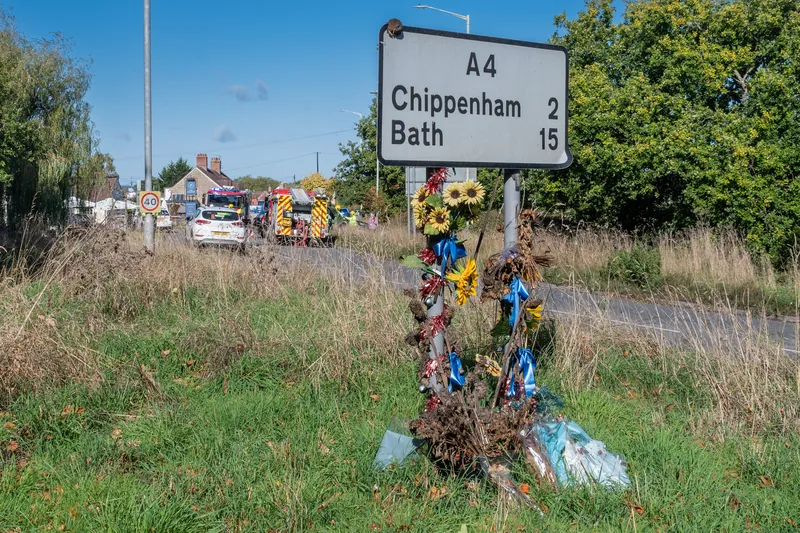The U.S. Department of Transportation’s Federal Transit Administration (FTA) has announced the latest project selections for the Low and No-Emission Vehicle Deployment Program, known as Low-No. Seven transit providers in five states will receive a share of US$22.5 million toward transit buses and related facilities that utilise battery-electric, fuel cell and other innovative technologies to reduce harmful greenhouse gas emissions and improve operating efficiency.
FTA awarded the FY 2015 funds after a hi
April 21, 2016
Read time: 2 mins
The U.S. Department of Transportation’s 2023 Federal Transit Administration (FTA) has announced the latest project selections for the Low and No-Emission Vehicle Deployment Program, known as Low-No. Seven transit providers in five states will receive a share of US$22.5 million toward transit buses and related facilities that utilise battery-electric, fuel cell and other innovative technologies to reduce harmful greenhouse gas emissions and improve operating efficiency.
FTA awarded the FY 2015 funds after a highly-competitive review process that prioritised transit agencies and bus manufacturers with strong records in building, deploying, and operating clean buses and infrastructure.
Among the projects selected in this round of Low-No funding are: The4288 Southeastern Pennsylvania Transportation Authority (SEPTA), which will receive US$2,585,075 toward the purchase of 25 zero-emission all-electric buses and related equipment; The 1795 Los Angeles County Metropolitan Transportation Authority (LACMTA), which will receive US$4,275,000 toward five battery-electric zero-emission buses, as well as eight charging stations; The Stark Area Regional Transit Authority (SARTA) which will receive US$4,015,174 toward three zero-emission American Fuel Cell Buses (AFCBs).
The FTA’s Low or No Emission Vehicle Deployment Program was established under the Moving Ahead for Progress in the 21st Century Act (MAP-21) and re-authorised in the Fixing America’s Surface Transportation (FAST) Act.
FTA awarded the FY 2015 funds after a highly-competitive review process that prioritised transit agencies and bus manufacturers with strong records in building, deploying, and operating clean buses and infrastructure.
Among the projects selected in this round of Low-No funding are: The
The FTA’s Low or No Emission Vehicle Deployment Program was established under the Moving Ahead for Progress in the 21st Century Act (MAP-21) and re-authorised in the Fixing America’s Surface Transportation (FAST) Act.









